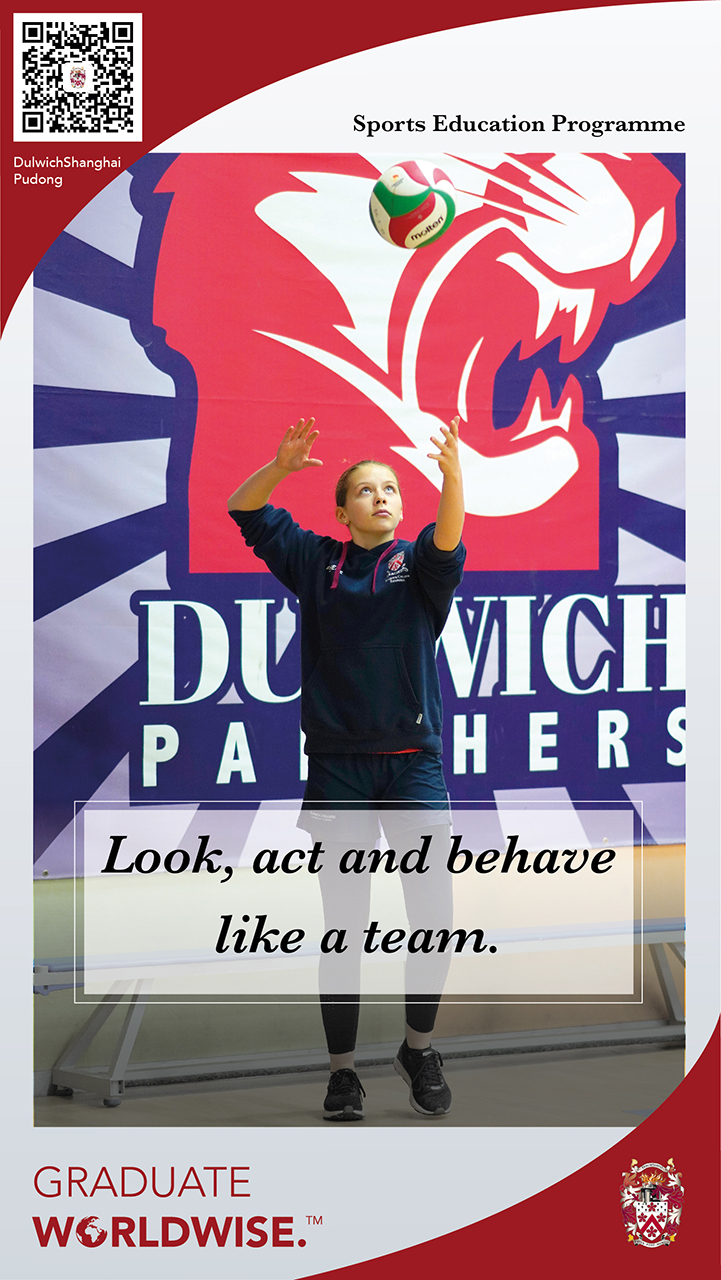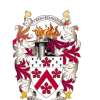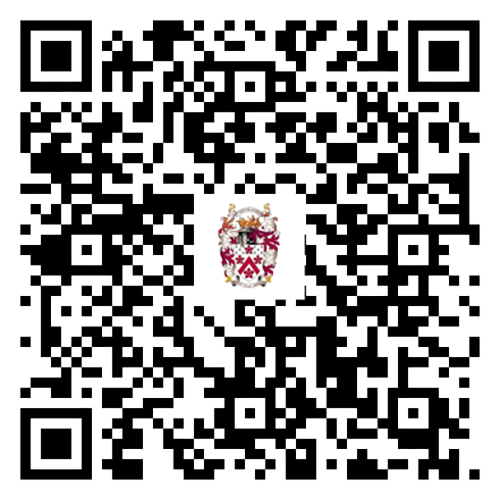When Students Become the Coaches: Sports Education in Action
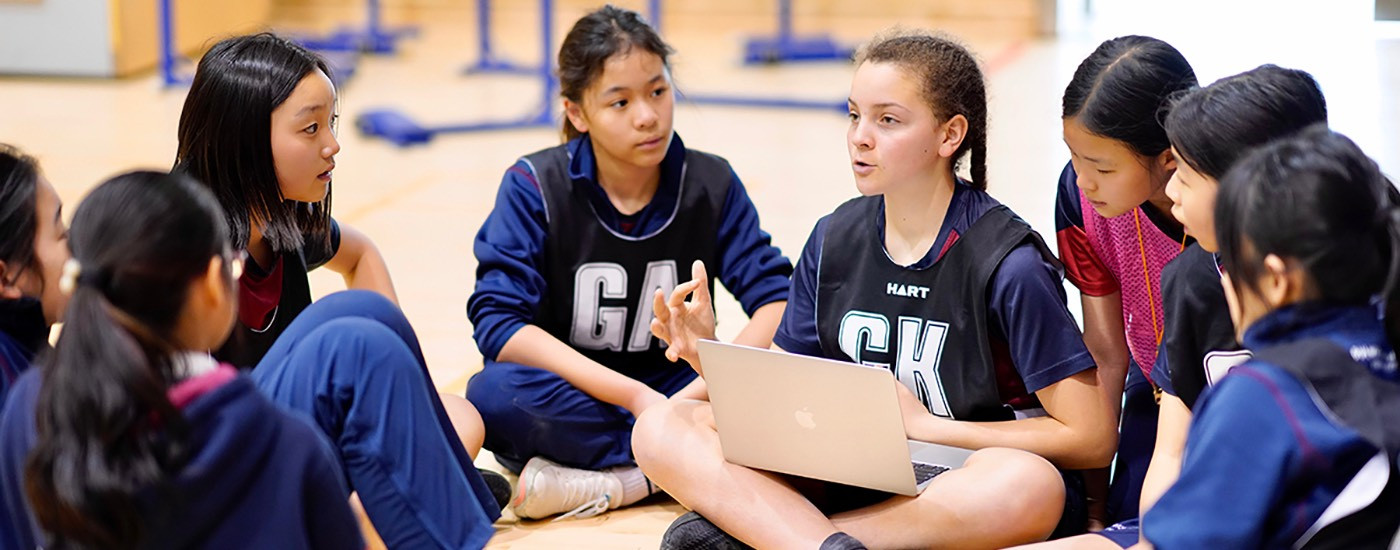
Pioneering Physical Education
Walk into one of our Middle School PE classes these days and you'll be greeted by an unusual sight: students running the show while Ms Mathews and her department sit silently on the sidelines carefully watching their every move. This is the essence of a pioneering PE unit they have been running for the last few years: Sports Education Programme.
Ms Mathews explains: "This is a new way of engaging students in Physical Education, and specifically to dive deeply into what it means to be part of a team. It works very well because it gives students accountability to each other, accountability to a team, rather than just accountability to themselves or to the teacher."
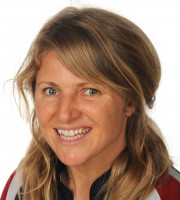
Dive deeply into what it means to be part of a team.
The way it works is this: at the beginning of the 6-week unit, the class is introduced to a sport. In the case of older years, the sport may be completely novel which means students have to research the sport before even organizing the first training session. This year, for example, it broke down like this: Year 7 - Netball for girls and football for boys, Year 8 – Volleyball, Year 9 – Badminton.
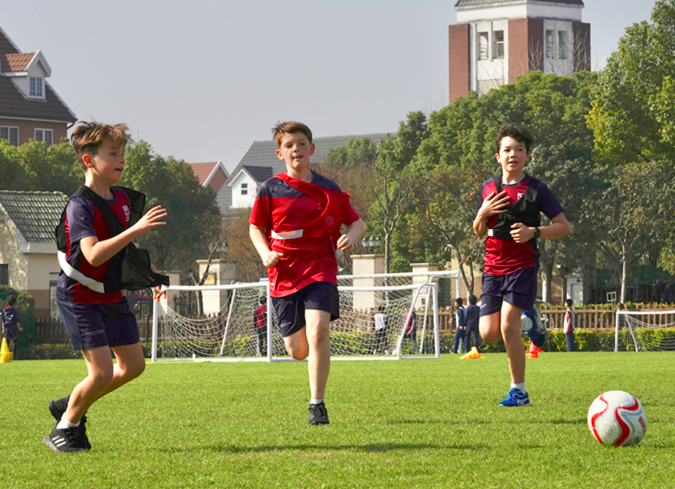
Students are then divided up into teams. Each student on the team, in addition to being a player, chooses a role such as coach, equipment manager, channel manager, umpire etc. And that's pretty much the extent of active teacher involvement. After that, the students have to research the sport, organize the training plan, communicate the plan to their team and then execute it.
Each week students have one training session and one competitive fixture. Objectives for each training session are provided from the offset of the unit as is the draw for each game day.
Each team works towards a common goal: make the team the best it can be.
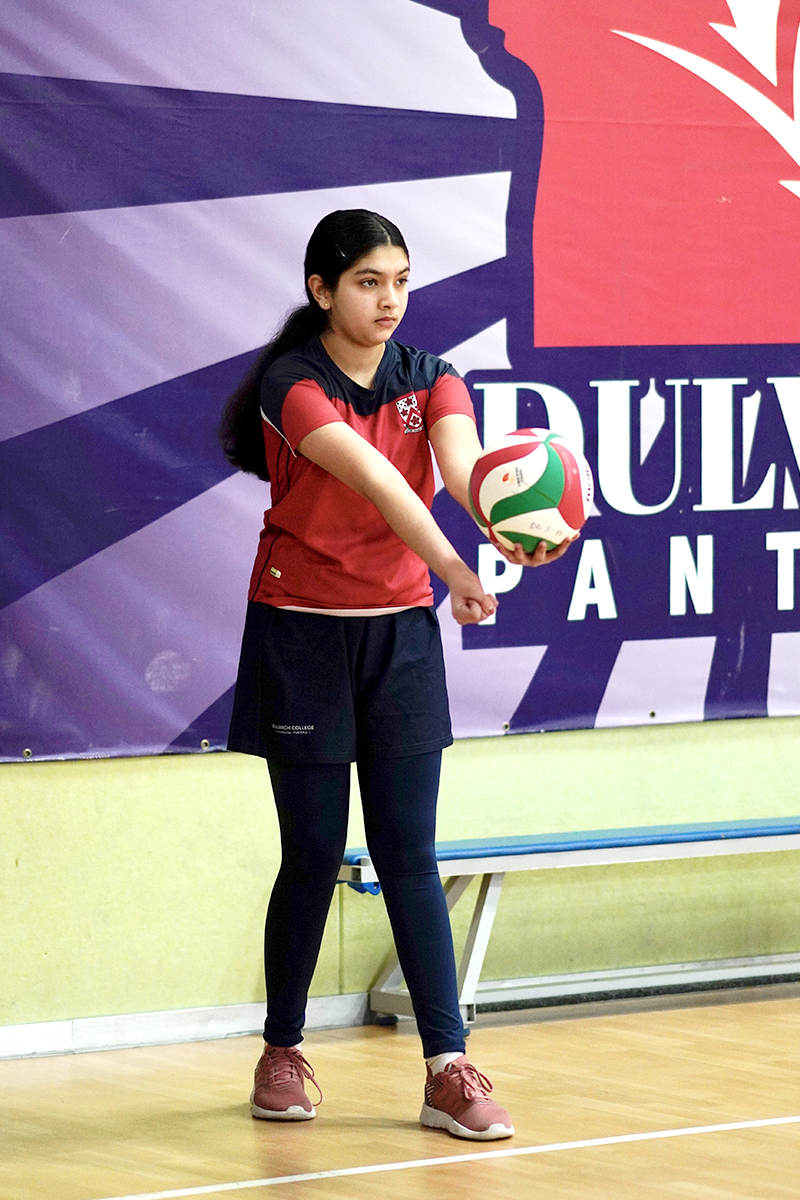
Cultivate Team Spirit
Microsoft Teams is the linchpin that really makes Sport Education fly. A main channel exists for all players where key communications from teachers to students take place. Each team has its own internal channel to communicate, share ideas, applaud one another and upload useful resources. The PE teachers carefully observe the action of every lesson and provide personalised, real-time feedback.
League table results are displayed on the big screens and are updated in real time creating an additional layer of immediacy.
Teams accumulate points based on a number of criteria. Winning fixtures is one, but not the most important one. The process is much more important than winning a game – particularly in the early stages of the unit.
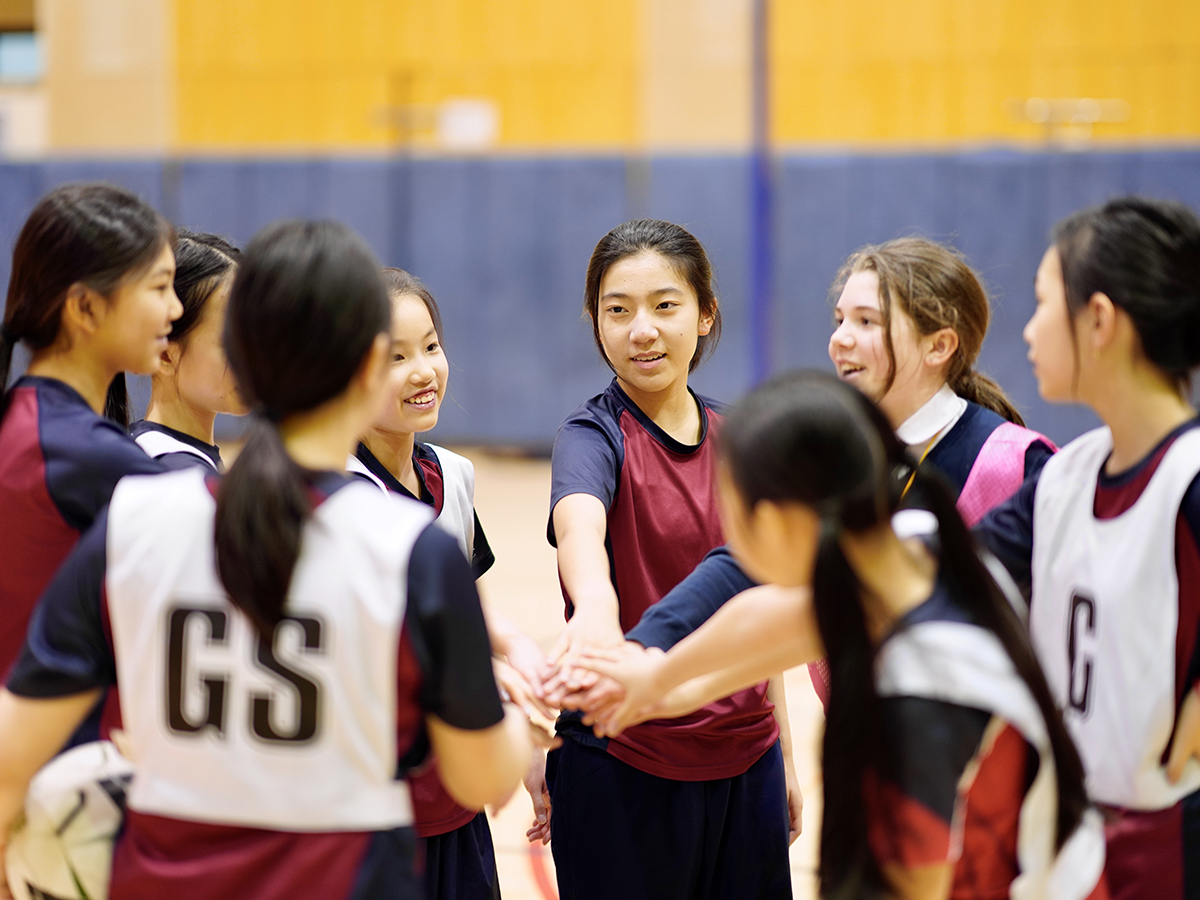
There are significantly more points available for running a successful training session. A successful training session not only needs to be well-planned and organized but requires exemplary effort from all teammates. A player bouncing a ball whilst their coach is talking, for example, is deemed disrespectful and incurs point deductions.
Bonus points are awarded throughout the unit for resourcefulness, commitment to the team and simply raising the bar in performance, be it in a practical capacity, leadership capacity or simply an outstanding contribution online in their team’s channel.
Deductions can occur at any given time. Lateness, incorrect kit, or not upholding the role assigned by your team will also see deductions. This keeps teams on their toes and quickly raises performance standards.
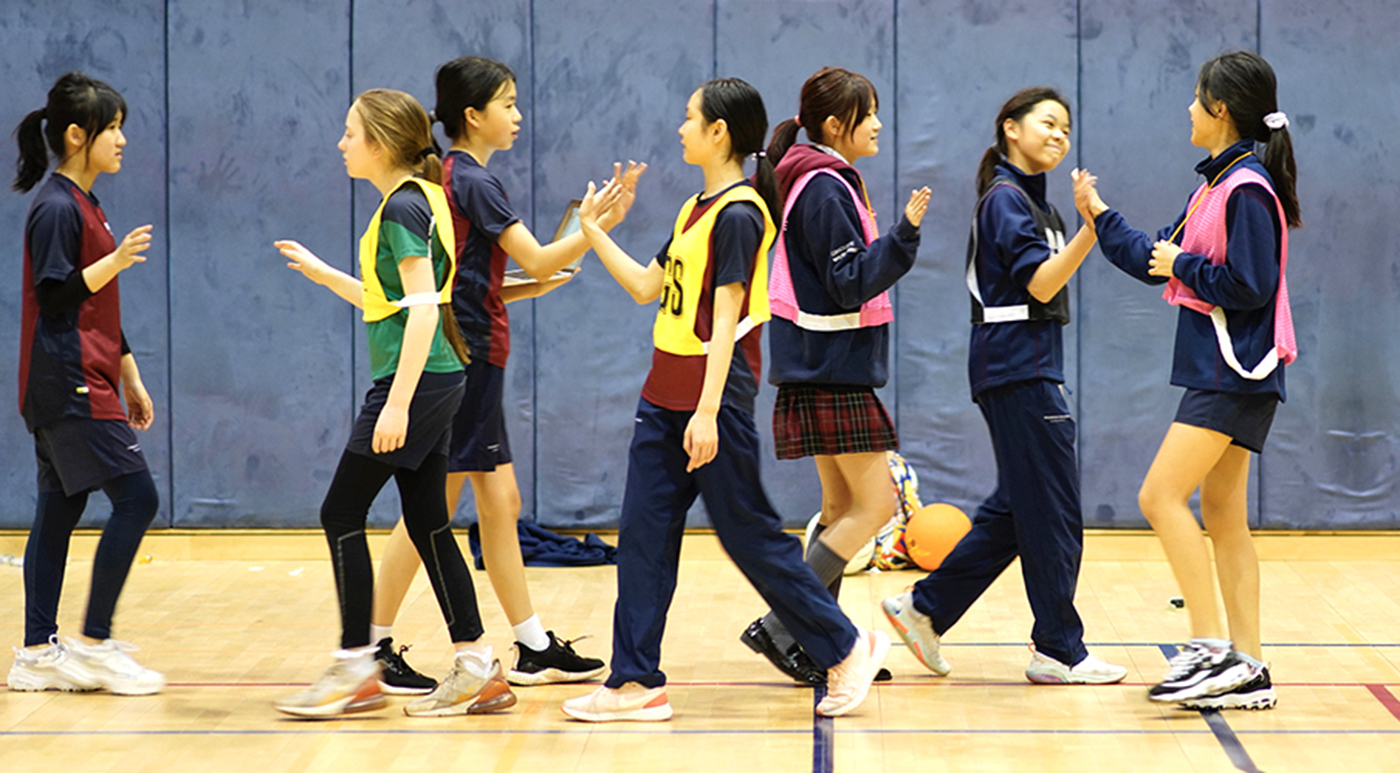
Every lesson concludes with a plenary where teachers give key feedback to the teams.
Each week the PE Department raises the bar for the students. Behaviors that would have earned a point the week before become in-built expectations which means that teams can lose points for not doing them.
Embedding excellent behaviours that students can utilise beyond the walls of a PE lesson is the benchmark of success for the programme.

How do you look like a team, act like a team, behave like a team?
Says Ms Mathews, "How do you look like a team, act like a team, behave like a team? Not every child is into sports. Some of these students will never have the opportunity to be part of a team. The Sports Education Programme gives them that experience, to build those peer to peer connections and learn the basics of team behavior."
Positive Feedback
The Sports Ed Programme is in its fourth year at Dulwich Pudong and the results have been excellent. Ms Mathews recalls one parent telling her, "My child has not stopped talking about this around the dinner table. Seeing the children be so resourceful, so responsible, so independent has been great."
Students love it too:

This unique experience was nerve-racking yet thrilling. It helped us see a new perspective for teamwork and organisation. The levels just keep improving each week!

Sports Ed isn't just playing, it's also teamwork, responsibilities, and always having fun.
Conclusion
The result is a unique programme that empowers students in several key developmental areas:
- Taking responsibility
- Being accountable to peers
- Developing team spirit
- Exploring leadership
